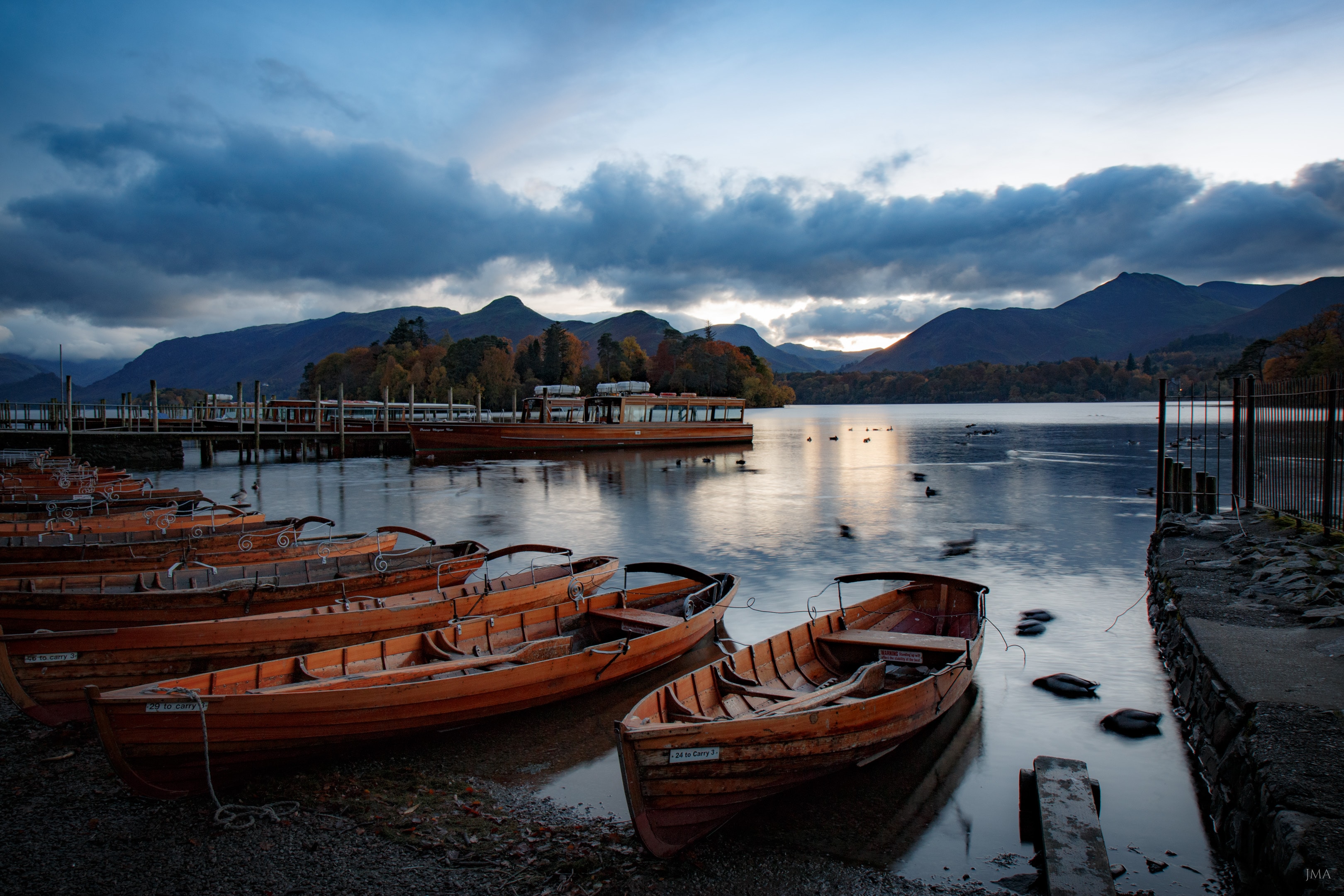News stories have exposed horrific occurrences of forced labor in the fisheries of Thailand.[1] These fisheries supply large brands around the world that make everyday products Americans buy in retailers like Walmart.[2] Forced labor in fisheries violates many internationally recognized human rights, such as the right of favorable working condition, to include fair pay, equal pay & treatment, safe environment, and rest; rights of the child; freedom from exploitative labor; freedom from degrading treatment; right to life; and freedom from slavery and forced labor.[3]
Investigation into the working conditions of Thai fisheries compiled testimony from escaped slaves describing working conditions of “20-hour shifts, regular beatings, torture, and execution-like killings.”[4] One Rohingya refugee trafficked from camps in Northern Thailand stated they were forced to work on the boats for four years straight, never returning to the shore.[5] Other former slave brokers and victims testified to inhuman living conditions, stating slaves were kept in chains, treated like animals, and systematically murdered through cruel ways.[6] One escaped slave stated he saw as many as 20 slaves murdered in his four years at the fishery.[7] Though Thailand is one of the largest producers of fishery products,[8] the horrific allegations of human rights violations are not-unique to Thailand; fisheries in Taiwan[9] and South Korea[10] have also been accused of similar human rights violations.
There are gaps in international law that exacerbate the risk for human rights violations in the fishery industry. The most pervasive issues center around lack of international oversight into fishing vessels, including gaps in international conventions and the utilization of flags of convenience as a shield for accountability.[11] Many fishing vessels operate for years in international waters, while the majority of international conventions fail to regulate this industry. Despite the proliferation of international conventions and treaties surrounding international waters, fishing vessels in developing countries are often exempt from these provisions.[12] For example, the major provisions of The Safety of Life at Sea treaty or the Maritime Labour Convention, explicitly do not cover fishing vessels and medium size fishing operations.[13] Other conventions that do seek to regulate fishing industries do not have enough ratifications to enter the treaties into force. These treaties include, Work in Fishing Convention (No. 188), Torremolinos Convention, Torremolinos Protocol, and the Cape Town Agreement.[14] These failures in international law entrust regulation of these vessels completely to the individual Nation States with jurisdiction.
While some States have quite robust laws designed to regulate these exact issues, fishing vessels get to choose where to register their ships and what State’s flag to fly, which dictates which State has jurisdiction to regulate them.[15] Other types of vessels are required to obtain a Unique Vessel Identifier when traveling throughout international waters.[16] However, fishery vessels are exempt from this requirement and have complete discretion on which country’s laws they want to govern them.[17] This power leads to ships employing flags of convenience, or selectively picking countries to govern them that have no desire or ability to create or enforce laws to protect fishery workers.
The combination of flags of convenience with lack of international regulation empowers fishery vessels to commit some of the world’s most egregious human rights violations. In order to address this issue, fishery vessels should be included in the preexisting international conventions regulating activities on the sea, and fishing vessels should not be allowed to hide behind flags of convenience. Until these two issues are addressed, more and more innocent men, women, and children will be exploited, abused, and murdered. The international community must rally together to stop these atrocities.
- Kate Hodal & Felicity Lawrence, Thailand accused of failing to stamp out murder and slavery in fishing industry, The Guardian, (Mar. 30, 2017), https://www.theguardian.com/global-development/2017/mar/30/thailand-failing-to-stamp-out-murder-slavery-fishing-industry-starvation-forced-labour-trafficking [hereinafter Thailand Accused]. ↑
- Kate Hodal, Chris Kelly & Felicity Lawrence, Revealed: Asian Slave Labour Producing Prawns for Supermarkets in US, UK, The Guardian, (Jun. 10, 2017) https://www.theguardian.com/global-development/2014/jun/10/supermarket-prawns-thailand-produced-slave-labour [hereinafter Revealed US UK Supermarkets]. ↑
- International Convention on Economic, Cultural and Social rights, December 16, 1966, 993 U.N.T.S. 3; ILO 100; International Covenant on Civil and Political Rights, Dec. 16, 1966, 999 U.N.T.S. 171; Universal G.A. Res. 217 (III) A, Universal Declaration of Human Rights (Dec. 10, 1948). ↑
- Brian Resnick, The Global Shrimp Industry Has a Slavery Problem, The Atlantic, (Jun. 10, 2014) https://www.theatlantic.com/politics/archive/2014/06/the-global-shrimp-industry-has-a-slavery-problem/453666/. ↑
- Annie Kelly, Chris Kelly & Emanuel Stoakes, Revealed: How the Thai Fishing Industry Trafficks, Imprisons and Enslaves, The Guardian, (Jul. 20, 2015), https://www.theguardian.com/global-development/2015/jul/20/thai-fishing-industry-implicated-enslavement-deaths-rohingya. ↑
- Thailand Accused, supra note 1. ↑
- Revealed US UK Supermarkets, supra note 2. ↑
- Id. ↑
- Taiwanese Seafood Giant Linked to Human Rights Violations, Greenpeace International, (May 24,, 2018) https://www.greenpeace.org/international/press-release/16676/taiwanese-seafood-giant-linked-to-human-rights-violations-greenpeace/. ↑
- Advocates for Public Interest Law; International Organization for Migration, South Korea: Migrant fishermen subject to human rights violations, say NGO and IOM, Business and Human Rights Resource Centre, (Feb 13, 2018) https://www.business-humanrights.org/en/south-korea-migrant-fishermen-subject-to-human-rights-violations-say-ngo-and-iom. ↑
- An Updated Summary of Human Rights Abuses in the Seafood Industry, Fishwise, https://www.oceanfdn.org/sites/default/files/Trafficked_II_FishWise_2014%20%281%29.compressed.pdf. ↑
- Id. ↑
- Id. ↑
- Id. ↑
- Id. ↑
- Id. ↑
- Id. ↑


